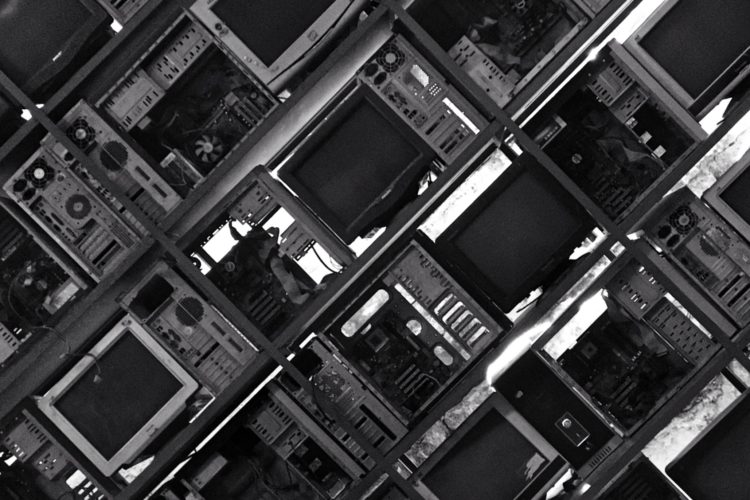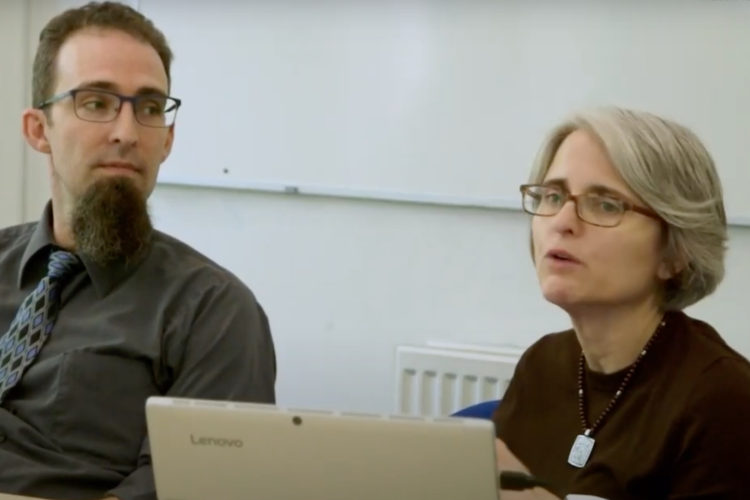Putting out podcasts can be a time-consuming and occasionally anxiety-generating business. And yet, here I am again, now with the 3rd Edition of my podcast series Media, Technology & Culture, hosted at my podcast channel Publicly Sited. This podcast has become a key (but not the only) medium through which I annually think through, revise … Continue Reading

